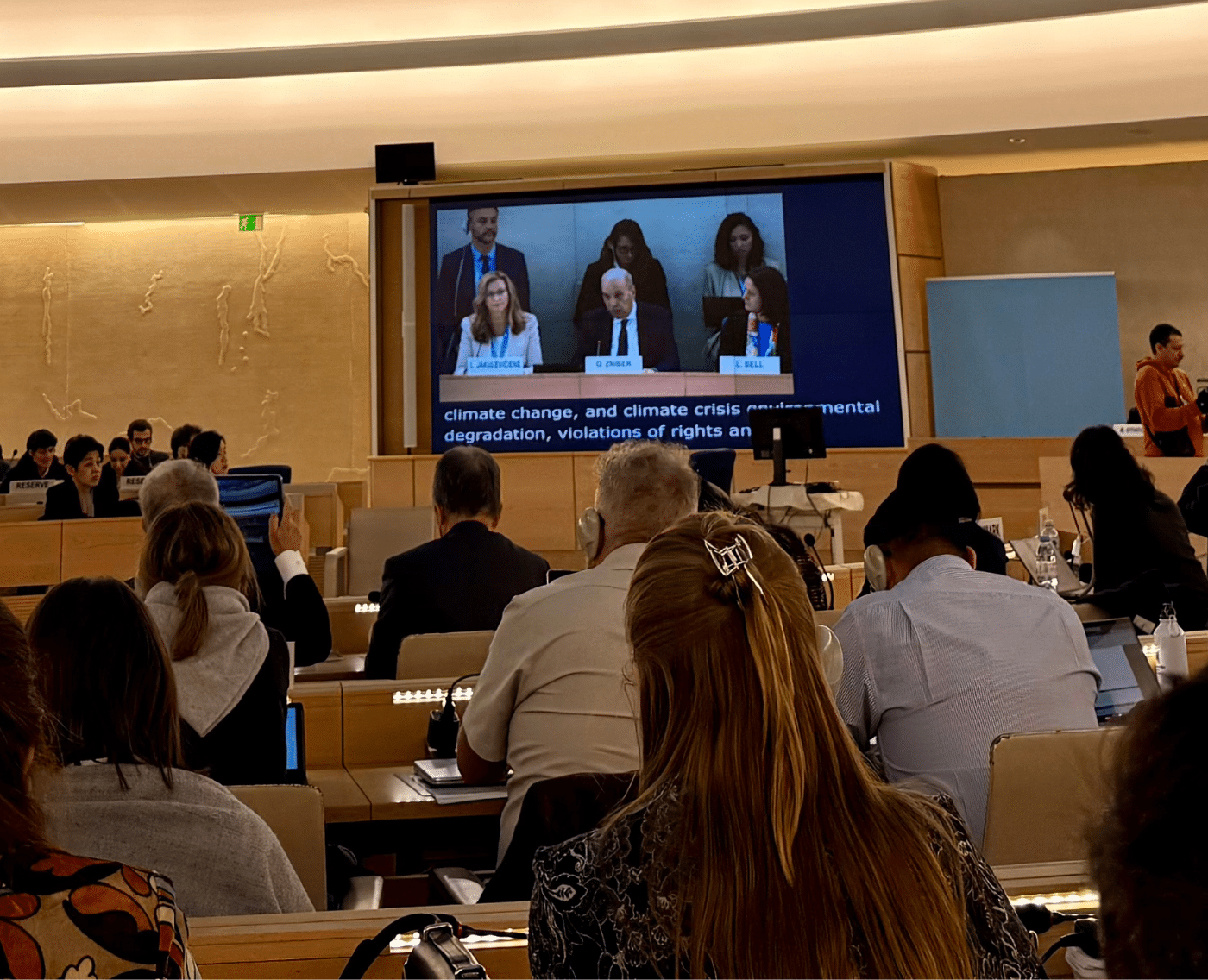Beyond voluntary: the corporate duty to protect children’s rights
Opening the 13th UN Forum on Business and Human Rights in Geneva, UN High Commissioner for Human Rights Volker Türk delivered a stark warning: “Technologies are being developed without necessary guardrails anchored in human rights”, emphasising the need for stronger State actions to ensure corporate responsibility to respect human rights.

Corporate voluntary measures have failed to address increasing risks in the digital environment, particularly for children. In response, 5Rights urged for a shift from voluntary measures to coherent, enforceable regulations that place children’s rights and needs at the heart of corporate practices.
Nowhere is this more urgent than in the digital environment, where exploitative business practices often disproportionately impact children. From data extraction to algorithmic manipulation, children’s rights are routinely violated, leaving them exposed to systemic risks. Highlighting these critical issues, 5Rights underscored the urgent need for actions to protect children’s rights in the digital environment. Speaking at the Expert Consultation on the practical application of the UN Guiding Principles on Business and Human Rights to the activities of technology companies, Marie-Ève Nadeau, International Advocacy Manager at 5Rights, emphasised that
“Today, children’s experience of the digital world does not respect their rights: commercial practices exploit their vulnerabilities and ignore their rights to protection, privacy, health, and freedom of thought, amongst others.”
Marie-Ève Nadeau, International Advocacy Manager
These systemic failures stem from business models prioritising profits over safety, leaving children exposed to harm with little recourse. Whistleblowers like Frances Haugen and Arturo Béjar have revealed how companies knowingly design engagement-driven monetisation strategies and exploit user vulnerabilities, exacerbating harm. Their testimonies underscore that voluntary due diligence has proven inadequate to prevent violations and address systemic risks.
However, there is hope for change. The European Union is setting an important precedent with legislation, signalling a shift from voluntary measures to binding regulations. To create a truly rights-respecting digital environment, states and businesses must fulfil their duties to protect and respect children’s rights. States must establish robust frameworks to hold businesses accountable. Meanwhile, companies must move beyond ticking boxes and embed human rights into the core of their operations, including by conducting thorough impact assessments to prevent and mitigate risks.
Voluntary actions have repeatedly fallen short of addressing these challenges. Binding regulations, combined with proactive measures, are essential to ensure that human rights – including children’s rights – are respected and protected. As technology continues to evolve, the responsibility to mitigate harm and promote meaningful, rights-based outcomes rests squarely with both states and businesses. Anything less is simply not enough.
